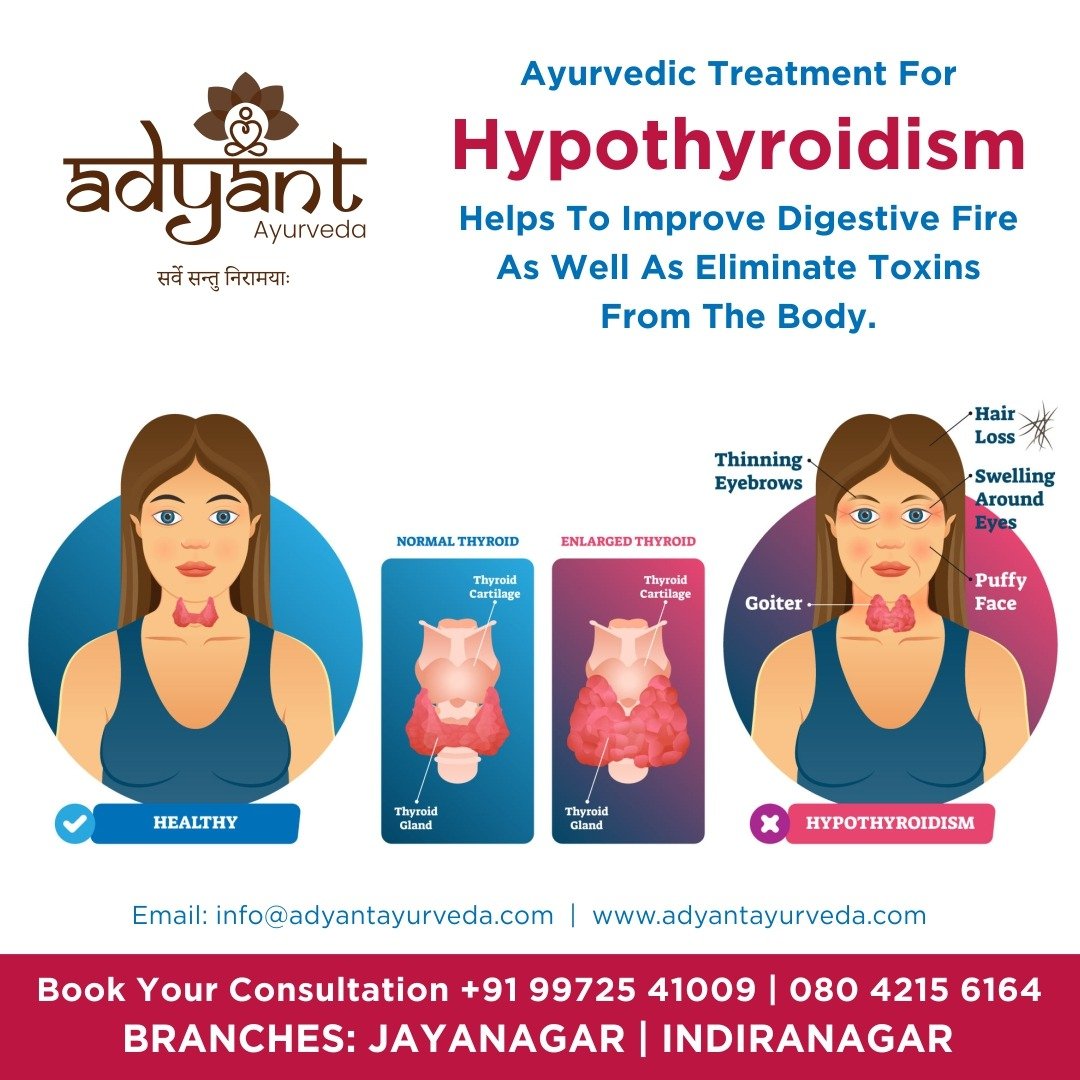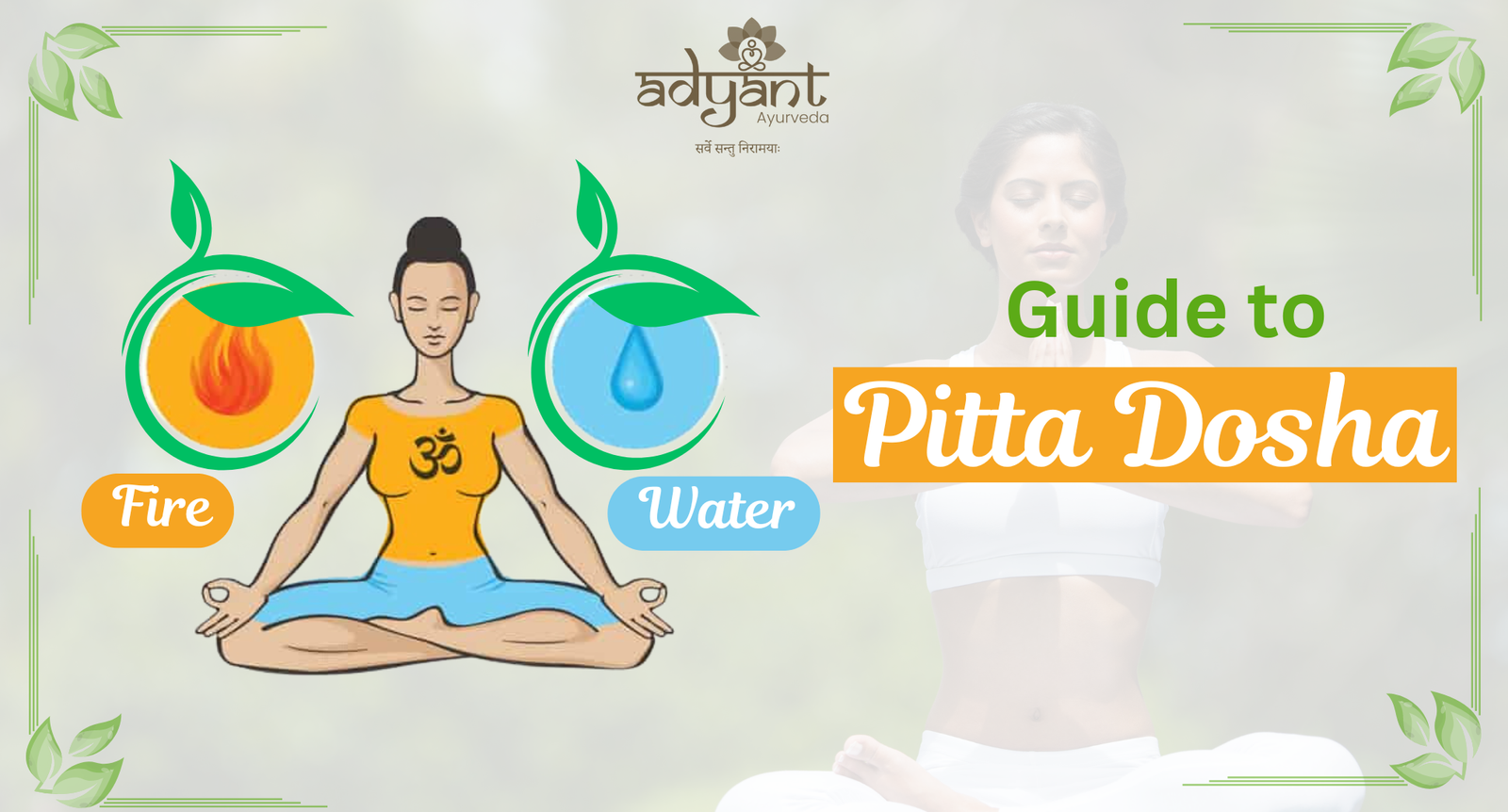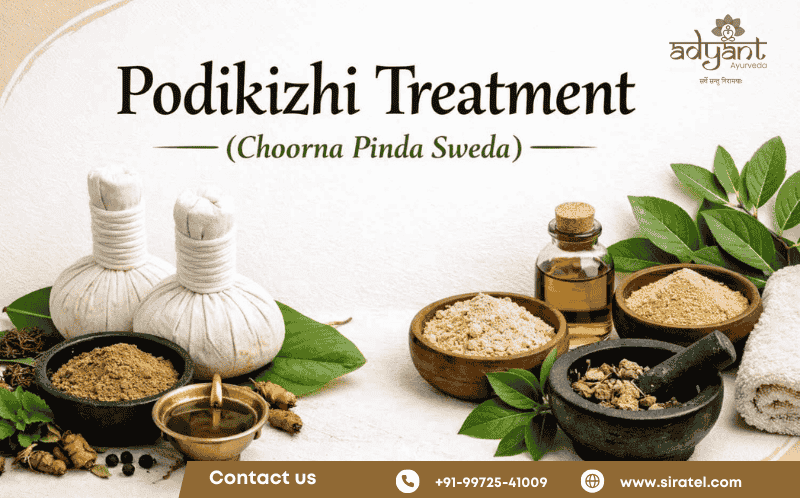Table of Contents
ToggleAyurvedic Treatment for Ankylosing Spondylitis: Diet, Medicines, and Therapies
Written by Dr. Shree Lakshmi and reviewed by Dr. Sumana Patwardhan, BAMS, MD Panchakarma, with 28+ years of experience in Ayurvedic treatment for spinal and autoimmune disorders.
Introduction
Ankylosing Spondylitis (AS) is a chronic autoimmune condition that primarily affects the spine and sacroiliac joints, leading to pain, stiffness, and eventual spinal fusion. Modern treatments often manage symptoms but fail to address the root cause. Ayurveda, with its holistic approach, offers personalized care focusing on detoxification, dosha balance, and tissue nourishment.
Free Consultation: Download the AyurCare App from the Play Store to consult our Ayurvedic spine specialists.
What is Ankylosing Spondylitis?
AS is a form of axial spondyloarthritis that leads to inflammation and potential fusion of the vertebrae. It is categorized as:
- Radiographic axial spondyloarthritis (visible on X-rays)
- Non-radiographic axial spondyloarthritis (identified via MRI/blood tests)
Common Symptoms:
- Pain and stiffness (especially morning)
- Bony fusion and hunched posture
- Neck immobility
- Fatigue, fever, loss of appetite
- Iritis (eye inflammation)
- Cardio-pulmonary complications
Understanding Spondylitis vs. Spondylosis
| Term | Definition |
|---|---|
| Spondylitis | Inflammation of spinal joints (autoimmune) |
| Spondylosis | Degenerative joint/disc changes (aging/wear & tear) |
Ayurvedic Perspective: Disease Classification
Ayurveda correlates Ankylosing Spondylitis with:
- Aamvata (early stage): Ama (toxins) and Vata accumulation
- Pravruddha Aamvata: Ama subsides, but Vata dominates
- Asthi-Majja Gata Vata (chronic): Vata affecting bone and marrow, causing deformity and fusion
Diagnostic Markers Considered in Ayurveda + Modern Integration
At Adyant Ayurveda, we incorporate both Ayurvedic diagnostic tools (like Nadi Pariksha, Prakriti-Vikriti analysis) and modern investigations (HLA-B27, ESR, CRP, MRI) to personalize care.
This integrative approach allows us to:
Understand disease chronicity
Identify the stage (Aamvata vs. Asthi-Majja Gata Vata)
Track measurable outcomes (like reduced ESR, improved BASDAI)
This sets us apart in delivering both subjective relief and objective improvements.
Ayurvedic Treatments for Ankylosing Spondylitis
1. Panchakarma Therapies
| Therapy | Benefit |
| Basti (Enema) | Balances Vata, nourishes Asthi & Majja |
| Virechana (Purgation) | Eliminates Pitta & Ama toxins |
| Abhyanga & Swedana | Improves flexibility, reduces pain |
| Pinda Sweda | Herbal compress for local inflammation |
| Nasya | Clears upper spine stiffness |
2. External Ayurvedic Therapies for Ankylosing Spondylitis
| Therapy | Description | Benefits |
|---|---|---|
| Podikizhi (Choorna Swedam) | Heated herbal powder bundles massaged over the body | – Improves circulation – Reduces inflammation and stiffness – Detoxifies muscle tissues |
| Lepam | Application of herbal paste over affected joints | – Reduces swelling – Soothes inflammation – Aids tissue healing |
| Dhara | A continuous stream of medicated liquid poured over the spine/back | – Calms the nervous system – Relieves chronic pain – Supports sensory recovery |
| Nadi Swedana | Localized herbal steam therapy directed at joints | – Loosens stiff joints – Reduces swelling – Improves flexibility |
| Greeva Vasti | Medicated oil retention on the neck using a dough ring | – Lubricates cervical joints – Enhances neck mobility – Reduces pain |
| Ela Kizhi | Warm herbal leaf poultices massaged on the body | – Strengthens muscles – Reduces stiffness – Enhances blood flow |
| Pichu | Warm oil-soaked cotton pads placed on painful areas | – Deep nourishment – Reduces Vata dryness – Eases joint pain |
3. Herbal Medications
| Medicine | Action |
| Ashwagandha | Anti-inflammatory, adaptogen |
| Guggulu | Detoxification, joint pain relief |
| Shallaki | Reduces stiffness and inflammation |
| Turmeric | Anti-inflammatory, antioxidant |
| Triphala | Digestive detox supports metabolism |
| Punarnava | Reduces swelling and fluid retention |
4. Classical Ayurvedic Formulations
| Medicine | Purpose |
| Panchatikta Ghrita Guggulu | Bone marrow support, detox |
| Trayodashang Guggulu | Joint strength |
| Rasraj Ras | Vata-balancing nervine tonic |
| Sameerpannag Ras | Reduces stiffness, supports nerves |
| Vaishwanar Churna | Improves digestion and reduces Ama |
5. Rasayana Therapy: Rebuilding What’s Been Lost
Strengthen joints and soft tissues
Enhance immunity and prevent recurrence
Improve energy levels and sleep quality
Key Rasayana medicines may include:
Ashwagandha Rasayana
Chyawanprash (sugar-free variants)
Shatavari Ghrita (if fatigue or hormonal imbalance co-exists)
Bala Taila (externally + internally)
Diet & Lifestyle Recommendations
Foods to Avoid:
- Curd, red meat, processed foods
- Oily, spicy, fermented items
Foods to Include:
- Warm, light meals
- Ghee, garlic, ginger, turmeric
- Cooked green leafy vegetables
Lifestyle Tips:
- Avoid day sleep
- Apply local heat to affected joints
- Do not suppress natural urges
Yoga & Pranayama:
- Asanas: Pawanamuktasana, Bhujangasana, Dhanurasana
- Pranayama: Anulom Vilom, Bhramari, Chandrabhedi
Maintenance Protocol Post-Treatment
Ayurveda is not just about curing—it’s about sustaining health.
Post-treatment maintenance may include:
Monthly Sneha Basti (oil enema) to keep Vata in check
6-month follow-up diet review
Seasonal Rasayana therapy (especially during monsoon & winter)
Continued Yoga-Asana-Pranayama routine
This ensures long-term remission, better flexibility, and reduced relapse frequency.
Clinical Outcomes: Evidence from Research at Adyant Ayurveda
| Parameter | Before | After | % Improvement |
| Morning Stiffness | 1.5–2 hrs | 15–20 min | ~80% |
| Pain Score (NRS) | 9–10 | 3–4 | ~70% |
| BASMI (Spinal Mobility) | 6.5 | 5.1 | ~20% |
| ESR (Inflammation) | 75 mm/hr | 20 mm/hr | ~73% |
| BASDAI (Disease Index) | 8.7 | 3.5 | ~60% |
| BASFI (Function Index) | 6.1 | 4.3 | ~30% |
📈 Adyant Ayurveda’s Panchakarma Protocol
Adyant Ayurveda offers a structured Panchakarma protocol tailored for AS patients:
Mridu Virechana: 3 days – Ama clearance, Pitta-Vata balancing
Shalishastika Pinda Sweda: 15–30 days – Joint nourishment
Mustadi Yapana Basti: 12 days – Reduces inflammation
Ashwagandha Anuvasana Basti: 18 days – Improves Vata function
Pratimarsha Nasya: 1 month (daily) – Enhances upper spine and neck mobility
This comprehensive approach addresses both the symptoms and root causes of AS.
| Mustadi Yapana Basti | 12 days | Reduces inflammation |
| Ashwagandha Anuvasana Basti | 18 days | Improves Vata function |
| Pratimarsha Nasya | 1 month (daily) | Enhances upper spine and neck mobility |
Trusted Ayurveda Doctors for Ankylosing Spondylitis in Bangalore
Ankylosing Spondylitis (AS) is a chronic autoimmune condition affecting the spine and joints, causing pain, stiffness, and reduced mobility. Ayurveda offers a holistic approach to manage AS by balancing doshas, reducing inflammation, and improving spinal health.
At Adyant Ayurveda, Bangalore, our expert doctors provide personalized Panchakarma therapies, herbal medicines, and lifestyle guidance to support long-term wellness.
Meet Our Expert Doctors
Dr. Shree Lakshmi – 28+ years: Panchakarma & women’s health, autoimmune & spinal disorders
Dr. Bhagya Lakshmi – 22+ years: Stress management & chronic diseases
Dr. Vidya – 19+ years: Metabolic disorders, migraines, and supportive care
Dr. Sumana Patvardhan – 24+ years: Ayurvedic skin & inflammatory conditions
Dr. Preeti – 20+ years: Panchakarma & mental wellness
Why Choose Adyant Ayurveda?
- 28+ Years of Experience in Panchakarma & Autoimmune Care
- Personalized Medicines based on Prakriti-Vikriti analysis
- Modern Panchakarma Centers across Bangalore
- Research-Backed Results with Case Documentation
- Digital Monitoring through the AyurCare app
We don’t just manage symptoms. We reverse progression, enhance spinal mobility, and improve your overall quality of life.
Book a Consultation Now
App: Download AyurCare from the Play Store
Website: www.adyantayurveda.com
Phone: +91 9972541009
📝 Last Updated: September 20, 2025
Frequently Asked Questions (FAQs)
What is Ankylosing Spondylitis, and how does Ayurveda view it?
Ankylosing Spondylitis is a chronic autoimmune condition affecting the spine and sacroiliac joints. Ayurveda correlates it with Aamvata or Asthi-Majja Gata Vata, depending on the disease stage.
Can Ankylosing Spondylitis be cured permanently with Ayurveda?
Ayurveda doesn’t promise a permanent cure but offers long-term symptom reversal and disease management through Panchakarma, herbs, and lifestyle correction.
Which Panchakarma therapies are best for Ankylosing Spondylitis?
Basti, Virechana, Shalishastika Pinda Sweda, Abhyanga-Swedana, and Nasya are the most beneficial.
Is it safe to undergo Ayurvedic treatment for AS during flare-ups?
Yes. Mild therapies are used during flare-ups, followed by stronger Panchakarma after stabilization.
What herbs are commonly used in Ayurvedic treatment for AS?
Ashwagandha, Guggulu, Shallaki, Turmeric, Triphala, and Punarnava.
Are Ayurvedic treatments for AS supported by clinical evidence?
Yes. Peer-reviewed journals show significant reductions in pain, inflammation, ESR, BASDAI, and stiffness post-Ayurvedic intervention.
What diet is recommended in Ayurveda for AS?
Avoid curd, red meat, and processed food. Include ghee, ginger, turmeric, and light meals.
How long does Ayurvedic treatment for AS take?
3–6 weeks for acute cases; 2–4 months for chronic AS including Panchakarma and oral medications.
Can yoga and pranayama help in managing AS symptoms?
Yes. Gentle yoga (Bhujangasana, Dhanurasana) and breathing exercises (Bhramari, Anulom Vilom) help improve mobility and reduce stress.
Why choose Adyant Ayurveda for Ankylosing Spondylitis treatment?
We offer clinically backed, personalized Ayurvedic treatment from experienced doctors with holistic Panchakarma support and digital monitoring via our AyurCare app.









